Foreign
Jordan’s Prime Minister, Hani Mulki Resigns Over Mass Protests
Jordan’s Prime Minister Hani Mulki has submitted his resignation to King Abdullah today following widespread anger over economic policies that have sparked the largest protests in several years and dozens of arrests.
Thousands of Jordanians took to the streets of the capital Amman and main provincial towns again on Sunday, extending days of protests that have shaken Jordan to its brink.
Police chief Major General Fadel al-Hamoud said security forces had detained 60 people for breaking the law during the protests and 42 security force members had been injured, but protests remained under control. “Rest assured, Jordan is a safe and secure country, and things are under control,” said Major General Hussein Hawatmeh, head of the Gendarmerie security department, appearing along with Hamoud at a news conference.
Public anger has grown over government policies since a steep general sales tax hike earlier this year and the abolition of bread subsidies, both measures driven by the International Monetary Fund.
Political sources earlier said Abdullah had summoned Mulki for an audience in the king’s palace. In a sign the tax hikes could be shelved, the Petra news agency, citing the speaker of parliament, said lawmakers were on course to ask the king’s permission to hold an exceptional session, with a majority demanding the changes be withdrawn.


Foreign
Goodluck Jonathan Reportedly Stranded in Guinea-Bissau After Sudden Military Takeover

Former Nigerian President Goodluck Jonathan is reportedly stranded in Guinea-Bissau following the military’s announcement of a takeover on Tuesday.
Jonathan, who travelled to the country as part of an international election observation mission, was expected to oversee the release of official results before the unexpected shift in power disrupted all movement. Sources say he and other foreign observers are currently unable to leave as security restrictions tighten across the capital.
The situation has sparked concern among regional stakeholders, with diplomatic channels said to be monitoring developments closely. So far, neither Jonathan nor Nigerian authorities have issued an official statement on his safety or plans to return.
The unfolding political tension in Guinea-Bissau continues to draw global attention, especially as the fate of the election results remains unclear.
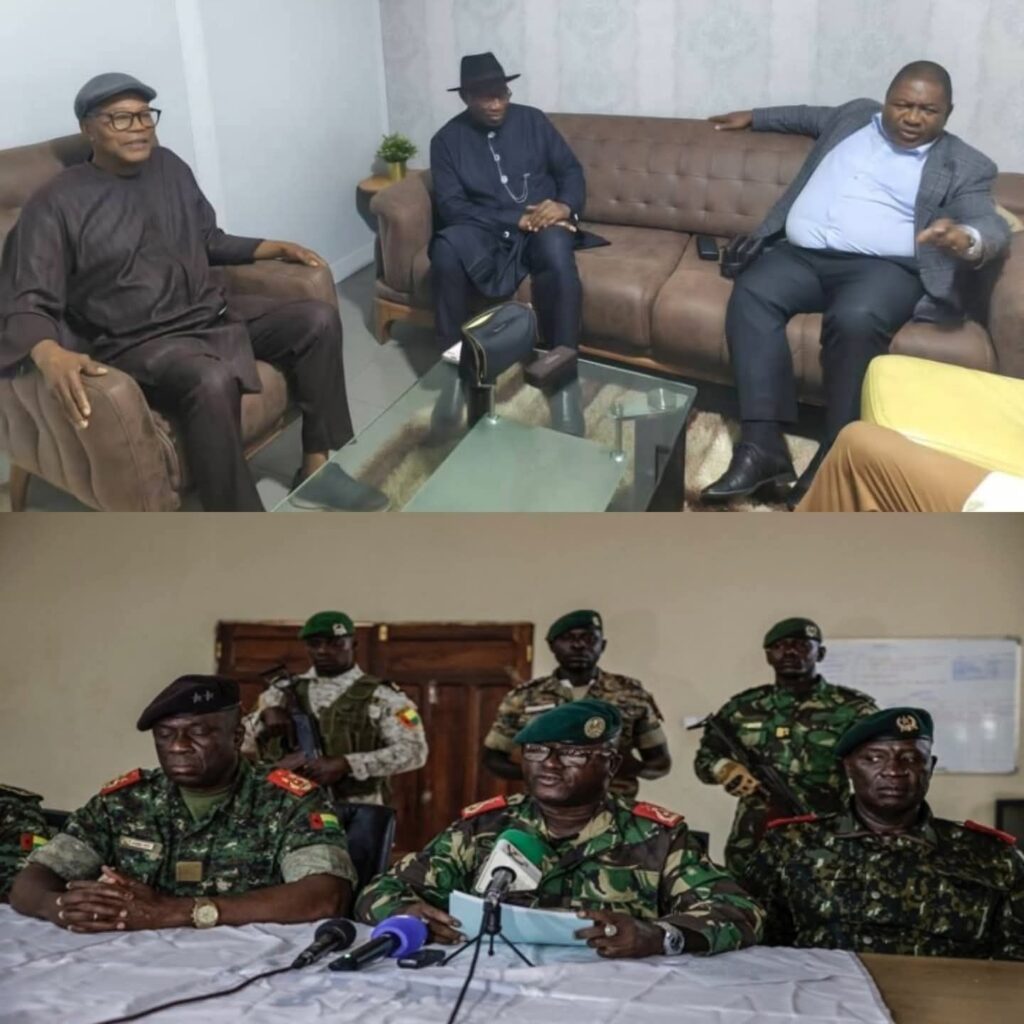

Foreign
China Reaffirms Commitment to Supporting Nigeria’s Fight Against Terrorism
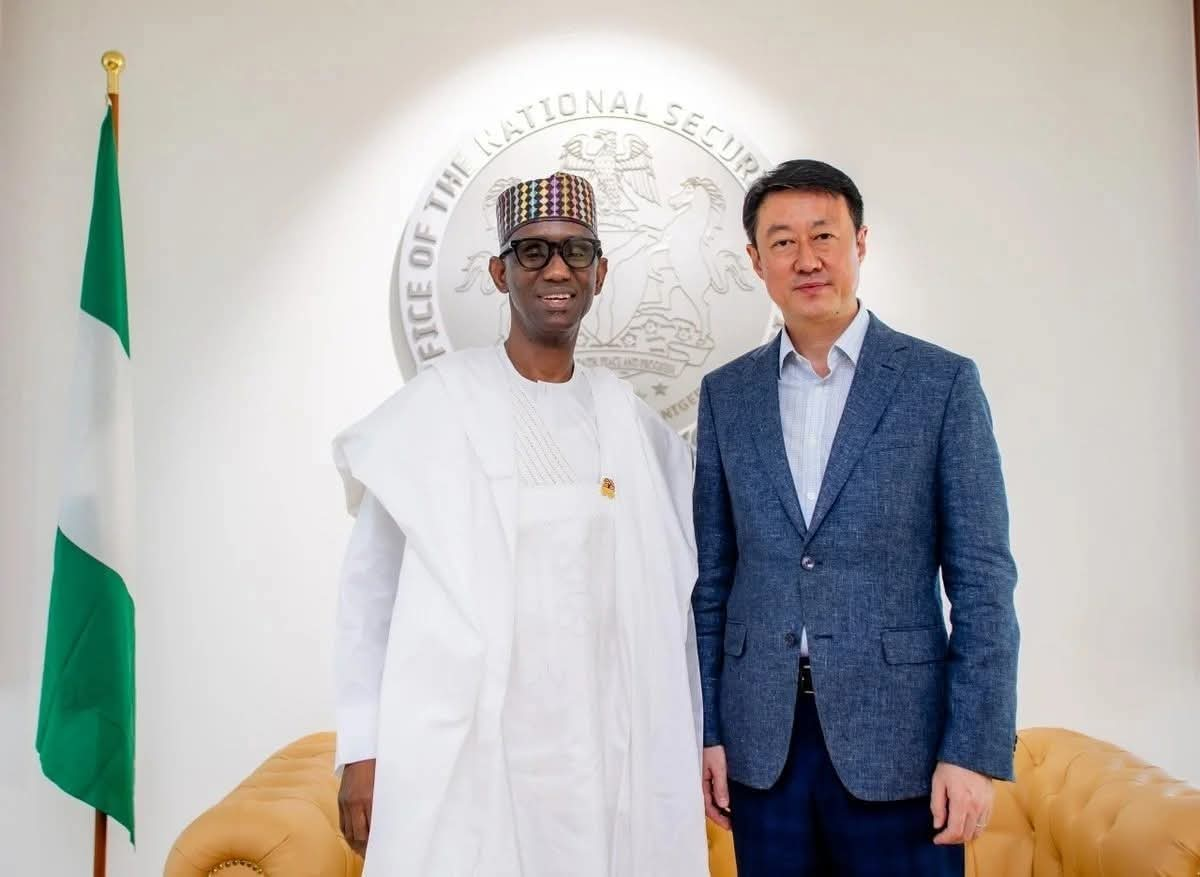
China has restated its readiness to continue supporting Nigeria in the ongoing fight against terrorism and efforts to maintain national stability.
Chinese Ambassador to Nigeria, Yu Dunhai, gave the assurance after a meeting with the National Security Adviser, Nuhu Ribadu, on Thursday.
In a statement shared via X, the ambassador said China “firmly supports” the Nigerian government’s development strategies that align with the country’s realities and long-term goals.
Dunhai also emphasized that China remains opposed to any external interference in Nigeria’s internal affairs “under the pretext of religion and human rights.”
The meeting further strengthened diplomatic ties between both nations, with discussions centered on security collaboration and sustainable development.
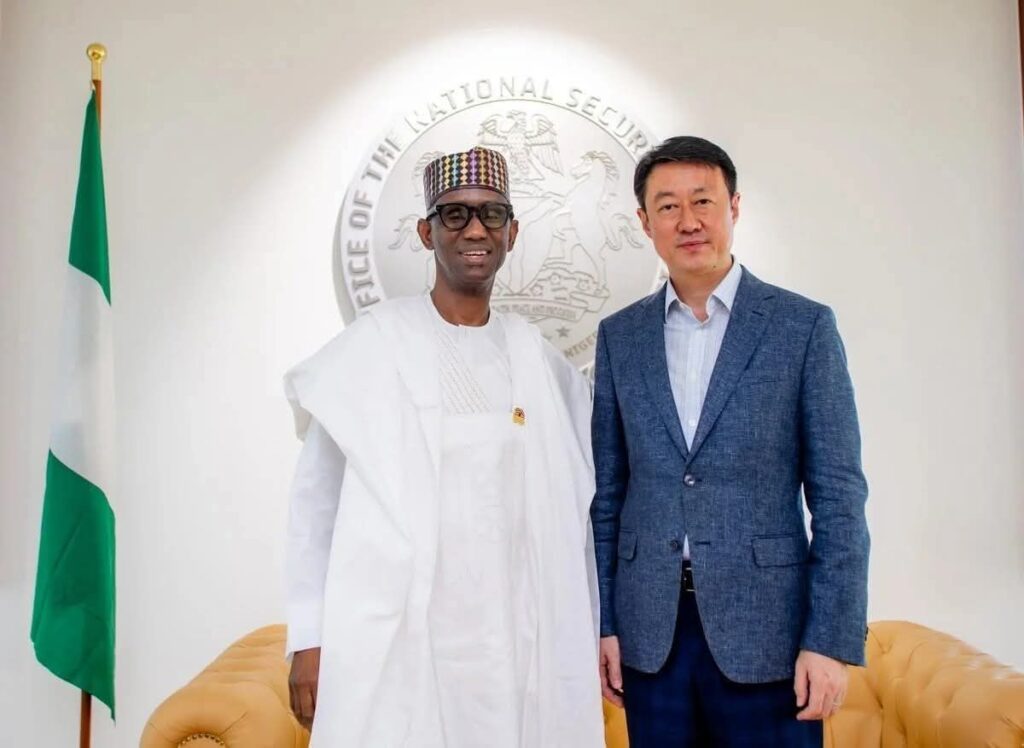
Foreign
Tanzania Erupts in Protests Over Controversial Election as President Samia Faces Mounting Pressure
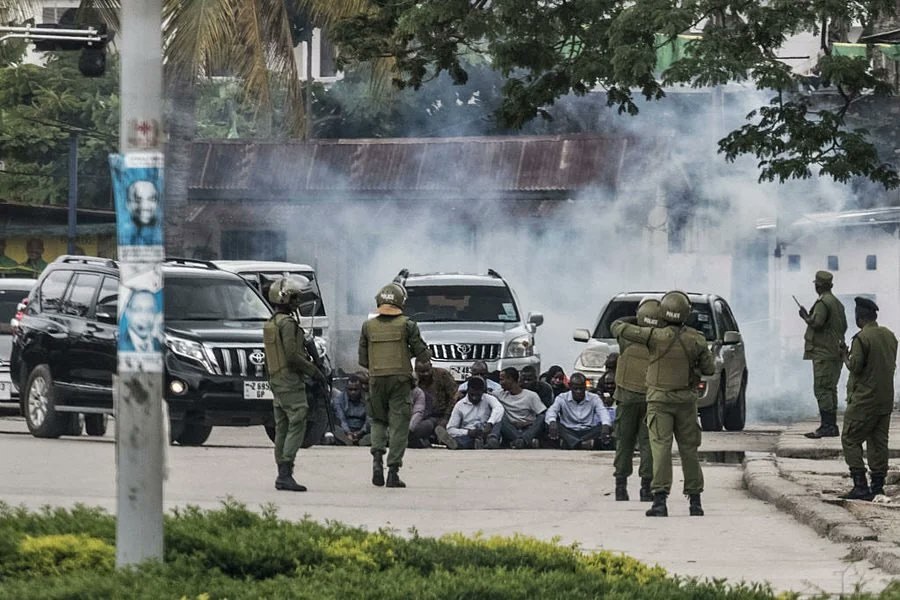
Tanzania has been plunged into chaos as citizens flood the streets to protest alleged irregularities in the country’s presidential election.
The unrest, which erupted shortly after the announcement of preliminary results, has spread rapidly across major cities. In Dar es Salaam — the nation’s commercial hub with a population exceeding seven million — the situation escalated as angry demonstrators set government offices and several public buildings on fire.
The tension comes amid heightened political scrutiny of President Samia Suluhu Hassan, who became Tanzania’s first female president following the death of her predecessor, John Magufuli, in 2021. Many opposition supporters allege that the current election was manipulated to keep her in power, raising concerns about transparency and fairness in the democratic process.
In response to the violence, the police have imposed an overnight curfew in Dar es Salaam to restore order and prevent further destruction. Security forces have also been deployed across key areas of the city to contain the growing tension.
Authorities have urged citizens to remain calm while investigations into the alleged electoral misconduct continue. However, opposition figures and civil society groups are demanding accountability, insisting that the people’s mandate must be respected.
As the crisis deepens, many fear the situation could spiral into nationwide unrest if dialogue and swift action are not taken.
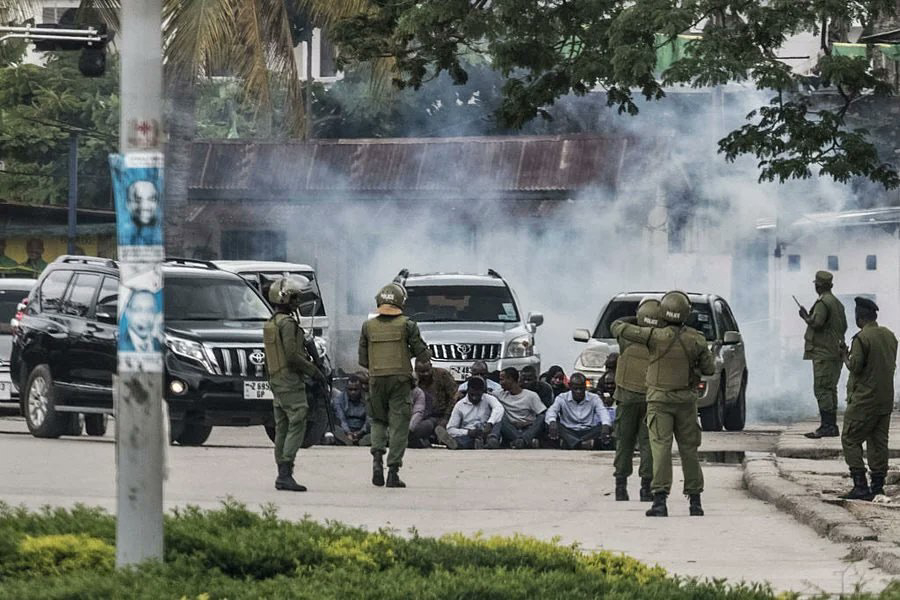
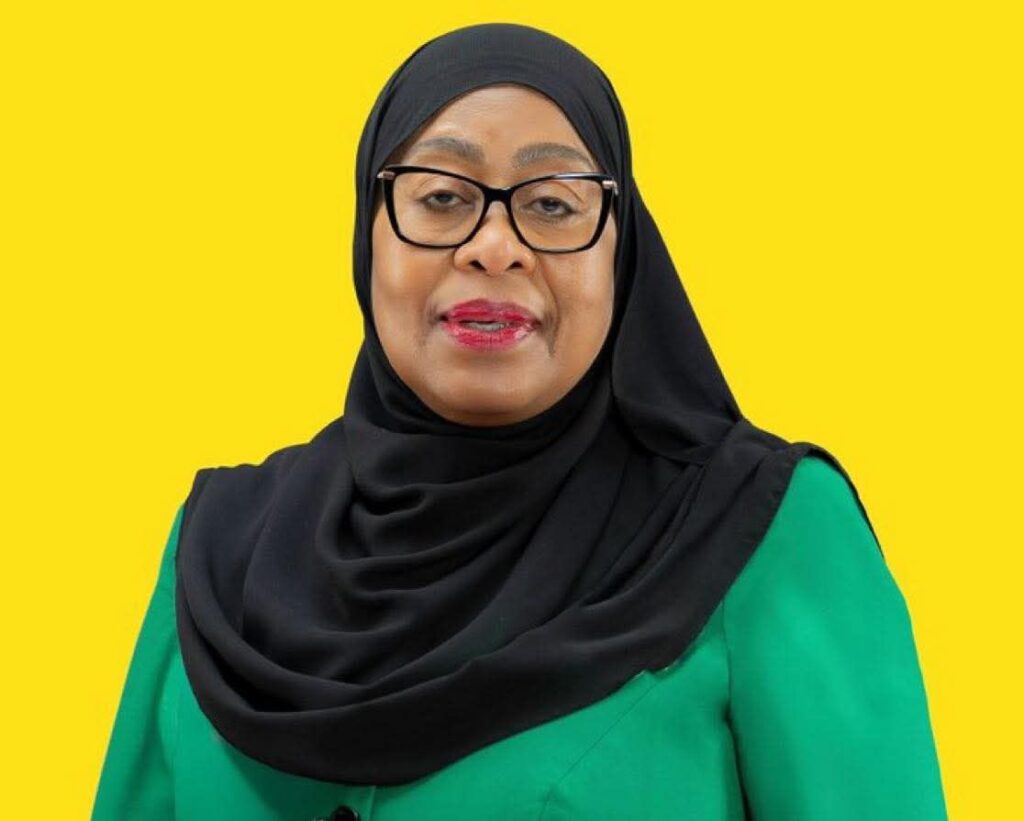
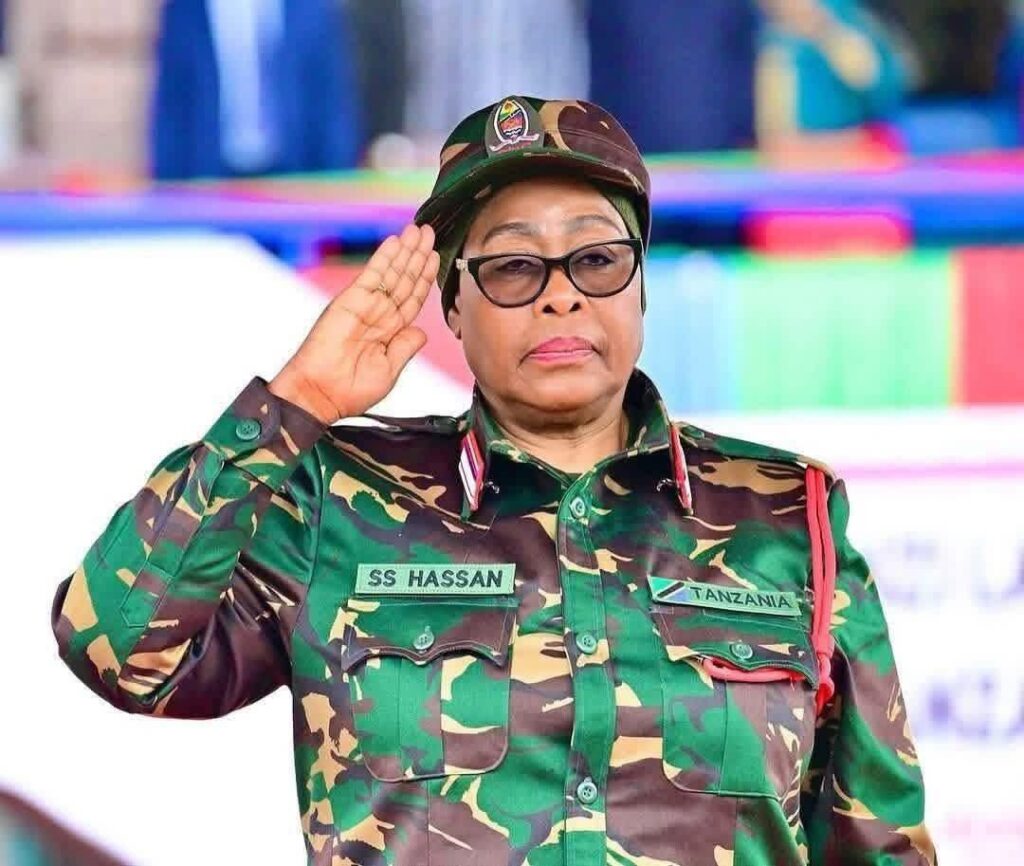
-

 News2 years ago
News2 years agoHardship: We Plan To Establish A National Commodity Board To Crash Food Prices – VP Shettima
-
News8 years ago
Blog Reader; Samson Osagiede Celebrates Fiancè Benedicta Daniels’s Birthday With Sweet Words
-
Home9 years ago
News Channel claims Donald Trump is an orphan from Pakistan,share alleged childhood photo
-
Home9 years ago
Another $175m Found in Patience Jonathan’s wife’s firm’s Bank Account
-
Home9 years ago
Oil Spillage: House of Reps Member Shares Photos of the Water her Constituents Drink .
-
Home9 years ago
Zara Buhari & Ahmed Indimi’s Wedding Access Card
-

 Sport7 years ago
Sport7 years agoModric, Marta Wins 2018 FIFA Best Player Of The Year Awards ⚽️
-
News8 years ago
The Best Video You’ve Seen Today?